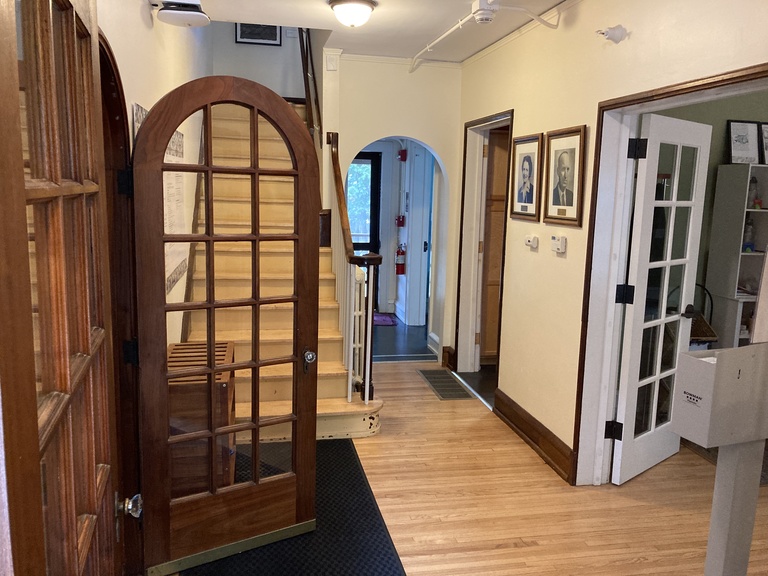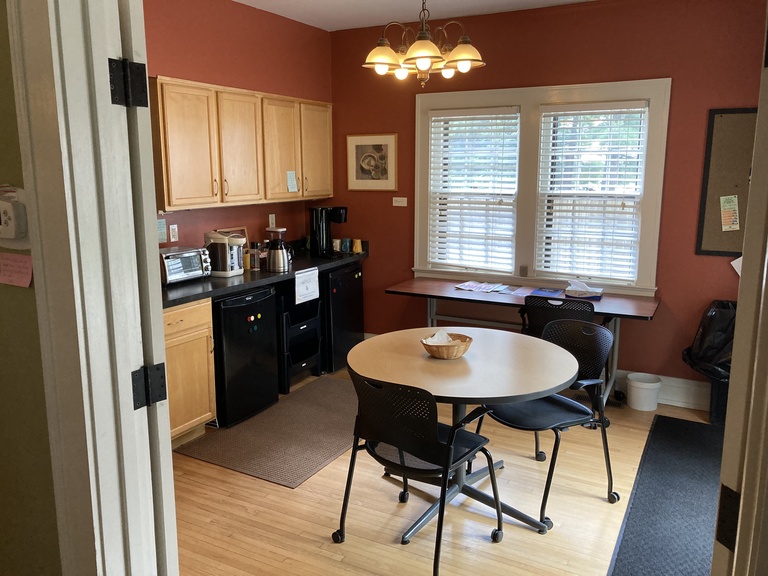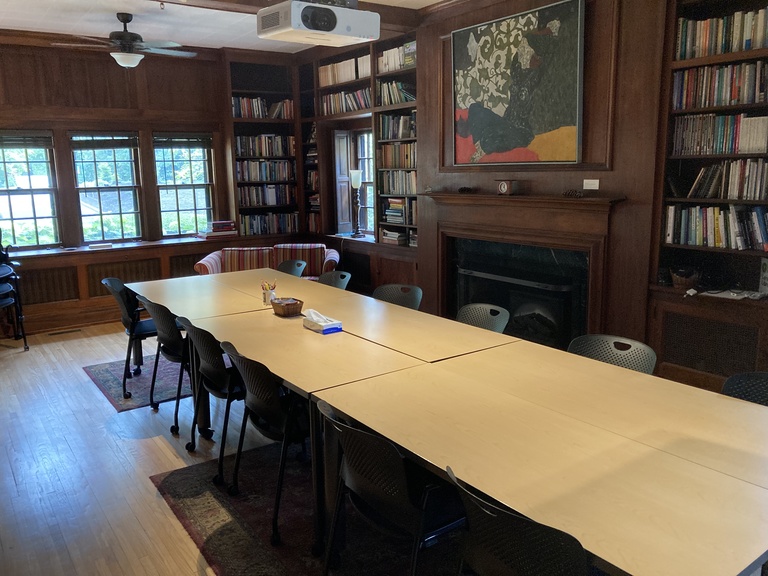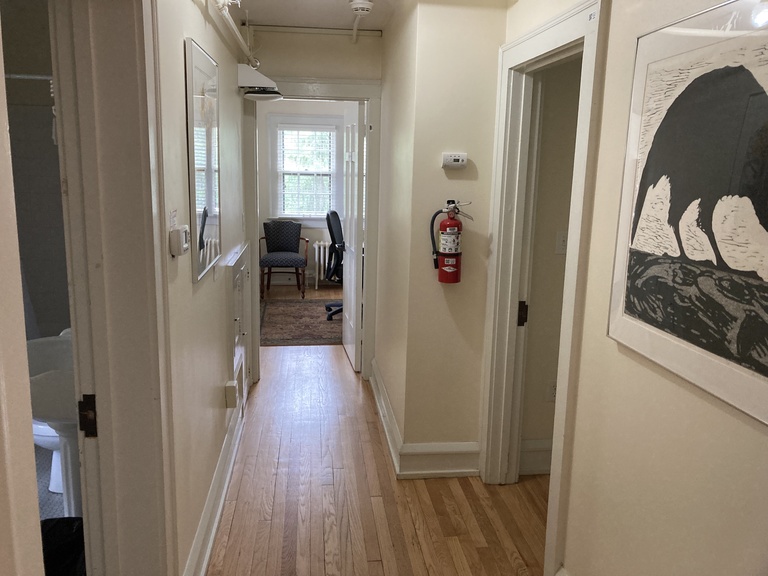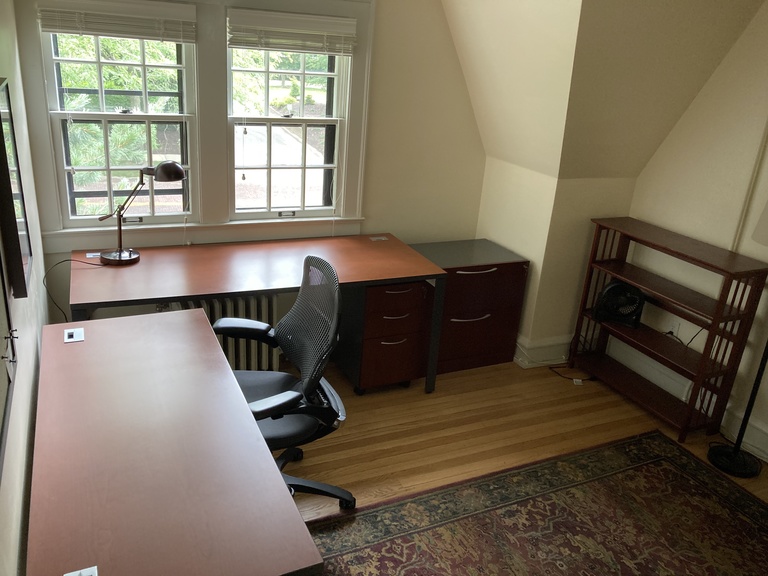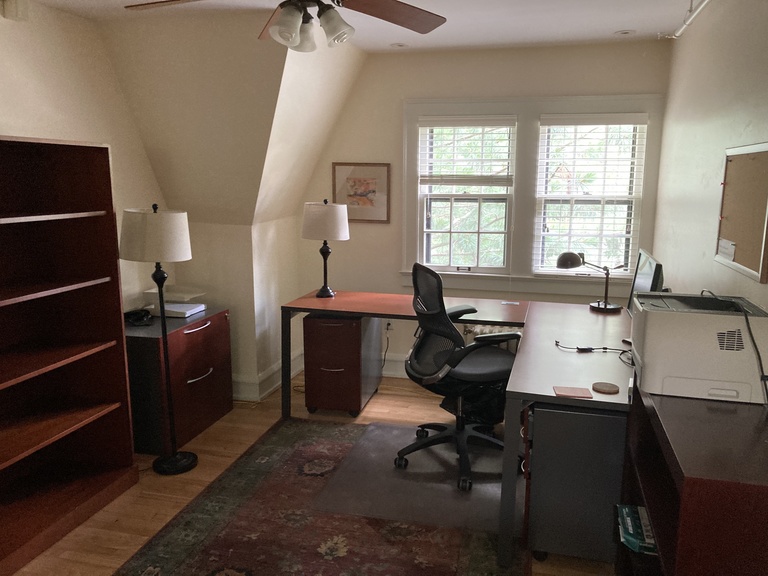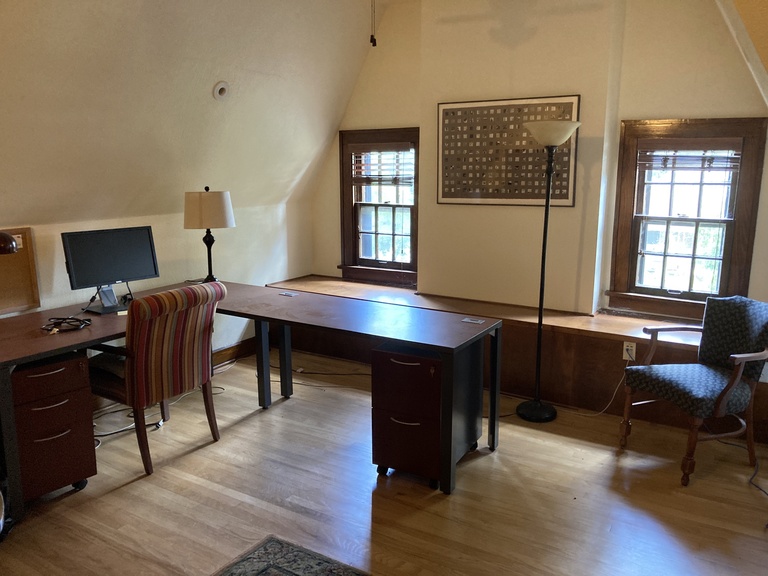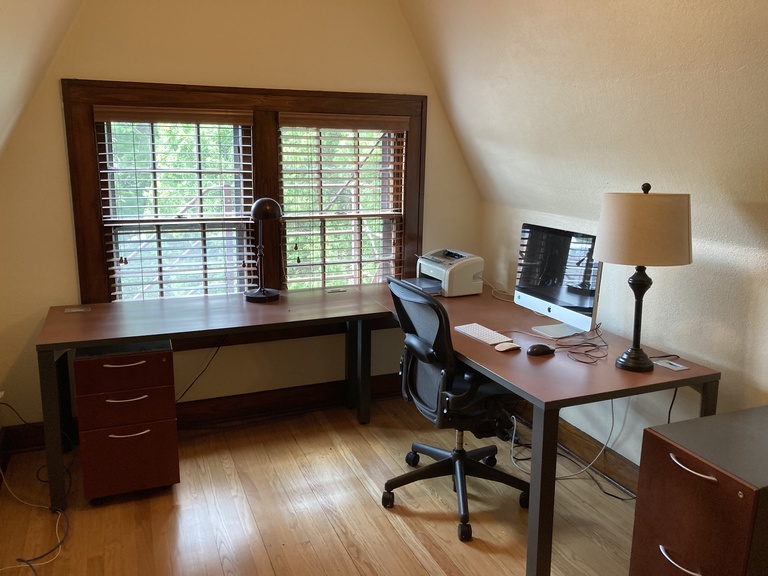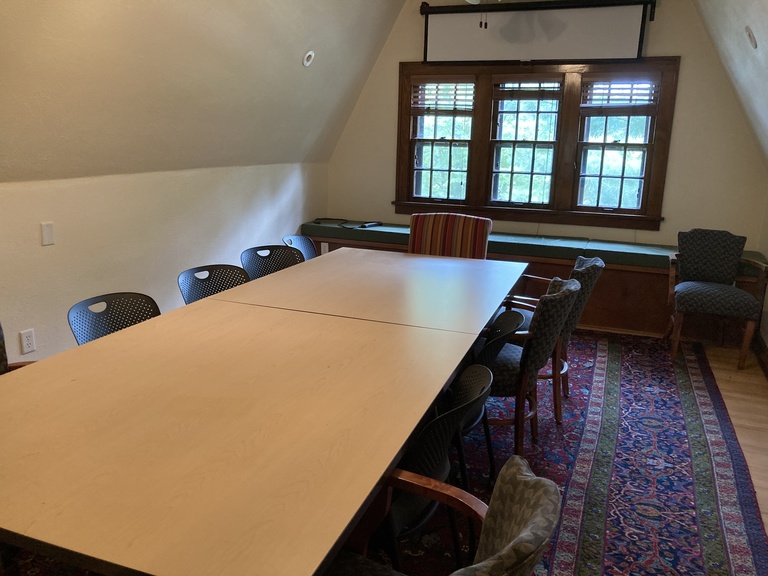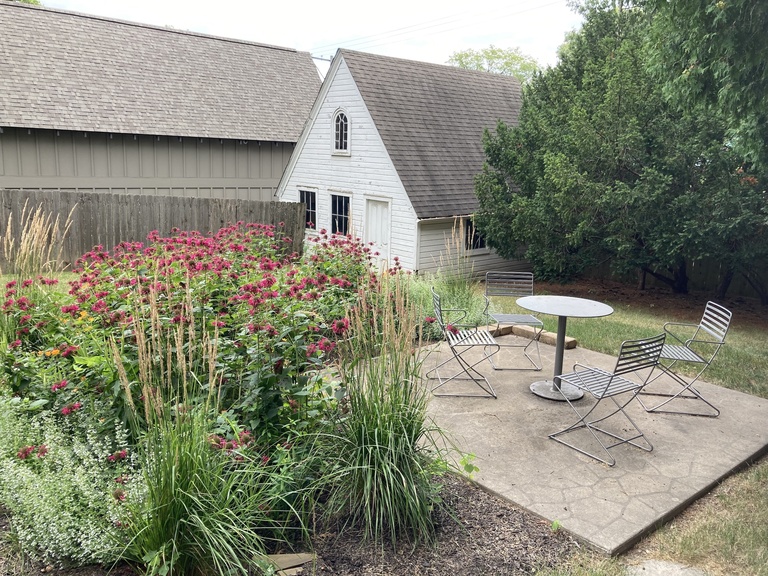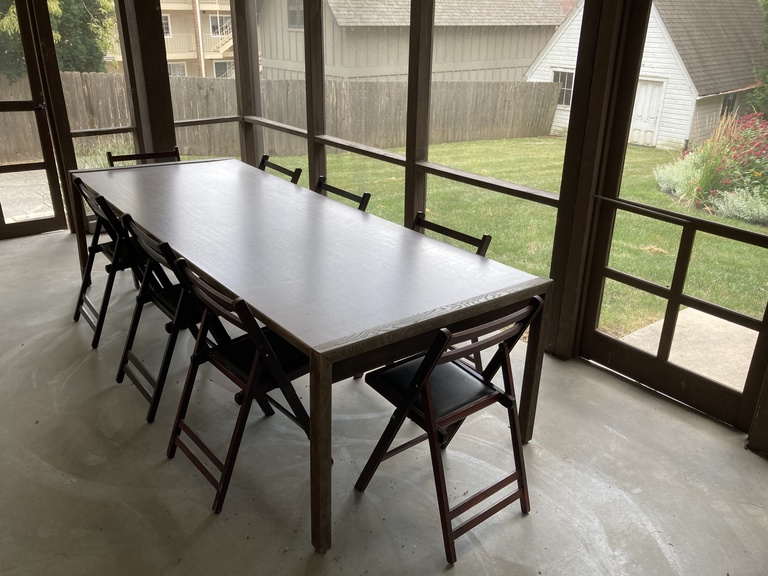Serving a unique role at the University of Iowa

The Obermann Center for Advanced Studies is a global interdisciplinary institute with a humanistic ethos. The Obermann Center supports the work of University of Iowa artists and researchers at all stages of their careers, fostering imaginative interdisciplinary collaborations within and beyond our campus. Obermann connects the University with local, state, and world communities through public programming and support for academic networks. All members of the University of Iowa are welcome at the Center, which has a long history of service to the institution and a national and international reputation as a catalyst of excellence in research in a wide array of disciplines, from the arts and sciences to the Humanities.
Situated in a 1920s-era building on the north end of campus, the Center provides offices for around ten Obermann International Fellows each year, as well as meeting space for more than a hundred faculty and students who are members of the Obermann Writing Collective, the Obermann Working Groups, and other initiatives in support of research. Additional Obermann programs provide funding and staffing for a major annual conference, interdisciplinary group collaborations, and faculty workshops. In addition, the Center is a nexus for University-community activities, including lectures, workshops, and performances.
The Obermann Center falls under the auspices of the Office of the Vice President for Research and is advised by an interdisciplinary Board composed of University of Iowa faculty. The Center maintains strong collaborations with many different units on campus, including the College of Liberal Arts and Sciences, the College of Law, the College of Public Health, International Programs, and the Stanley Museum of Art, among others.
A brief history
The Obermann Center is named in honor of University of Iowa Professor Emeritus C. Esco Obermann and his wife Avalon L. Obermann for their generous financial commitments, their tremendous enthusiasm for interdisciplinary endeavors, and their many years of loyalty and devotion to the University of Iowa. In the mid-seventies, the Obermanns, President Sandy Boyd, and Vice President D. C. Spriestersbach discussed the idea of an institute that would encourage the exchange of ideas among researchers from many disciplines and institutions. That idea was formalized as University House in 1978 and then, nurtured by generous funding from Esco and Avalon and from the Vice President for Research, grew into the University of Iowa Center for Advanced Studies in 1990. In 1993, with great ceremony and celebration, it was renamed the C. Esco and Avalon L. Obermann Center for Advanced Studies.
Read more about the history of the Center and of the house at 111 Church St.


